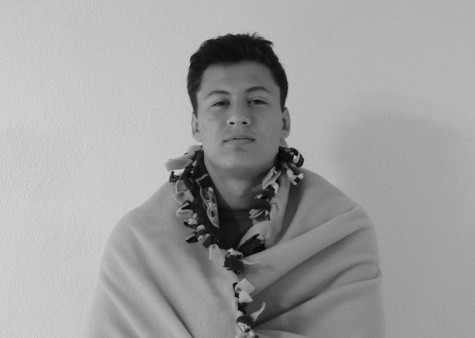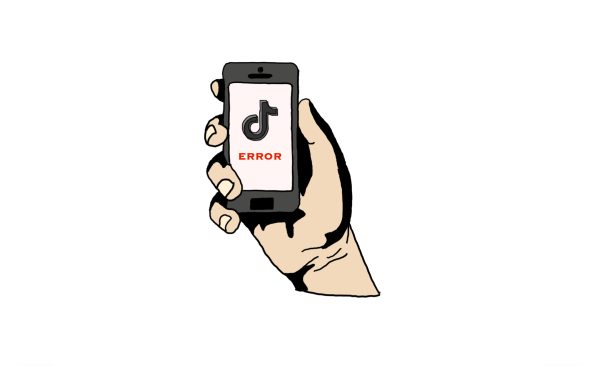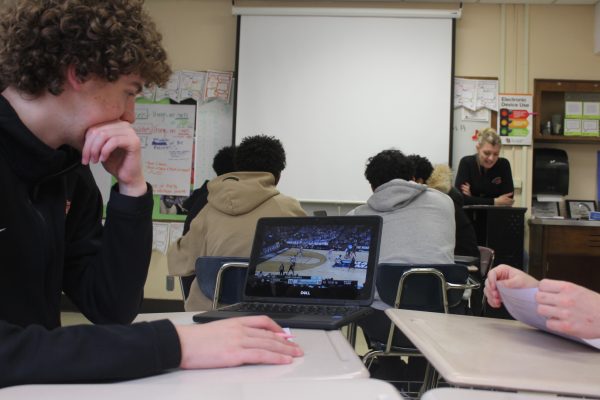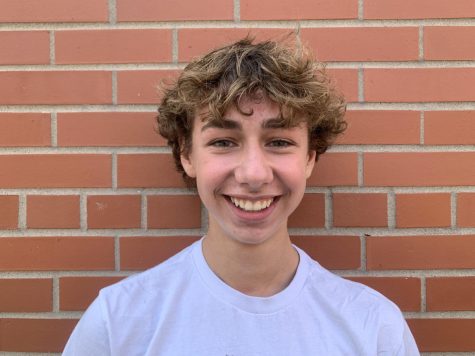Yik Yak creates negative sentiment for teen users
The newly popular social media app allows users to post anonymously. While the app targets college students, it is becoming popular among high schoolers and causing numerous incidents of cyberbullying.
November 13, 2014
Yik Yak provides new opportunity for bullying
Anonymous websites often get a bad reputation, being known for cyberbullying and being factors of numerous suicides. Anonymous apps are no different.
The social media app Yik Yak, which can be thought of as an anonymous Twitter, allows people, including students, to post “yaks” to other users within a 1.5 mile radius with anonymity.
Many believe the app fosters cyberbullying and other negative comments because of the anonymous nature of the posts. While some students may use this app for funny or random posts, a few have taken it too far.
Sometimes, high school students do not understand the line between joking and bullying. Yik Yak only encourages this type of behavior.
On social media sites the name of the poster is always alongside the post itself, so people are less likely to post negative comments about people because of the direct ownership of the comments.
But on anonymous apps like Yik Yak, there is no responsibility for a post. If students can post hurtful words publically, there is no limit to what they can post anonymously.
While banning the app, like certain schools have, seems a bit dramatic, alternatives exist.Parents can talk to their children about the app or schools can take steps to prevent cyberbullying on the app in general, but this will not stop students from using Yik Yak.
While no fool-proof method exists to prevent cyberbullying, students should stop using anonymous sites or apps for negative comments.
Instead of reprimanding students for their negative comments on social media or banning apps, we should teach them how to use social media responsibly.
Users should take responsibility for their actions
The first rule that appears when you open the information tab on Yik Yak is “you do not bully or specifically target other yakkers.”
Yik Yak is an application made for college students to share content about their campus or university. This can be seen by anyone who uses the app.
The app does not allow use while in a specific radius surrounding a school and relies on its users to report bullying or inappropriate content.
Despite the rules set by Yik Yak, high school students began to use the app as a social media outlet such as Facebook or Twitter.
This means the students who use the app are aware of the rules they are breaking and are responsible for the consequences.
The app is in no way meant for bullying and is designed to be a space where positive and funny posts can be made anonymously to peers. Although bullying has occurred on the site, the app itself is not to blame.
Many solutions exist for solving to the issue of cyberbullying on apps such as Yik Yak. The simplest one is to delete the app.
Although the app is intended to be enjoyable, if a user feels as if there are negative posts being made they always have the option of removing the app from their phone and leaving the comments behind.
It is also important to understand that Yik Yak and other anonymous social media sites are monitored by the users itself and negative comments should be reported. If users feel threatened, reporting cases of bullying is recomended by the app itself.
In order to enjoy the app in the way it’s intended, users should wait until they are of age. If they can’t wait, they should still help keep the app clean and positive.
















